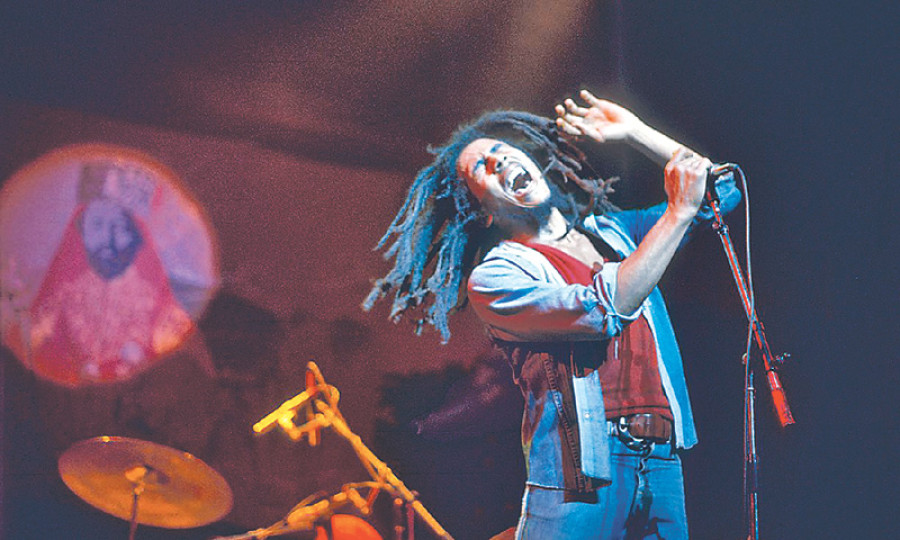Entertainment
Lost Bob Marley tapes restored
A cache of lost Bob Marley recordings has been discovered after lying for more than 40 years in a damp London hotel basement.
The Guardian
A cache of lost Bob Marley recordings has been discovered after lying for more than 40 years in a damp London hotel basement.
The 13 reel-to-reel, analogue master tapes were discovered in cardboard box files in a run-down hotel in Kensal Rise, north-west London, the modest lodgings where Bob Marley and the Wailers stayed during their European tours in the mid-1970s.
The tapes—known as “the lost masters” among elements of Marley’s huge fanbase—were at first believed to be ruined beyond repair, largely through water damage. Yet after more than 12 months of painstaking work using the latest audio techniques, the master reels have been restored, with the sound quality of Marley—who died in 1981 but would have been 72 on Monday—described as enough to “send shivers down one’s spine”.
The tapes are the original live recordings of Marley’s concerts in London and Paris between 1974 and 1978, and feature some of his most famous tracks including No Woman No Cry, Jammin, Exodus and I Shot the Sheriff. The concerts—at the Lyceum in London (1975), the Hammersmith Odeon (1976), the Rainbow, also in London (1977), and the Pavilion de Paris (1978)—were recorded live on the only mobile 24-track studio vehicle in the UK at the time, loaned out to Marley and the Wailers by the Rolling Stones.
The tapes were rescued from the rubbish by Marley fan and London businessman Joe Gatt, who had received a call from a friend saying he had found what appeared to be some old Marley tape recordings.
“He was doing a building refuse clearance that included some discarded two-inch tapes from the 1970s. I couldn’t just stand by and let these objects, damaged or not, be destroyed so I asked him not to throw them away,” Gatt said.
He passed the master recordings to business partner and jazz singer Louis Hoover, who regularly headlines at Ronnie Scott’s in London.
When Hoover first heard the recordings, which cost around £25,000 to restore, he admits to being blown away. “It made the hair on the back of our necks stand up and genuine shivers ran up our spines with joy,” he said.
“The experience was comparable to, say, finding Van Gogh’s easel, paint pallet and paints in an old room somewhere, then Vincent emerges through a secret door to paint 26 of his finest masterpieces … purely for us.”




 17.12°C Kathmandu
17.12°C Kathmandu










